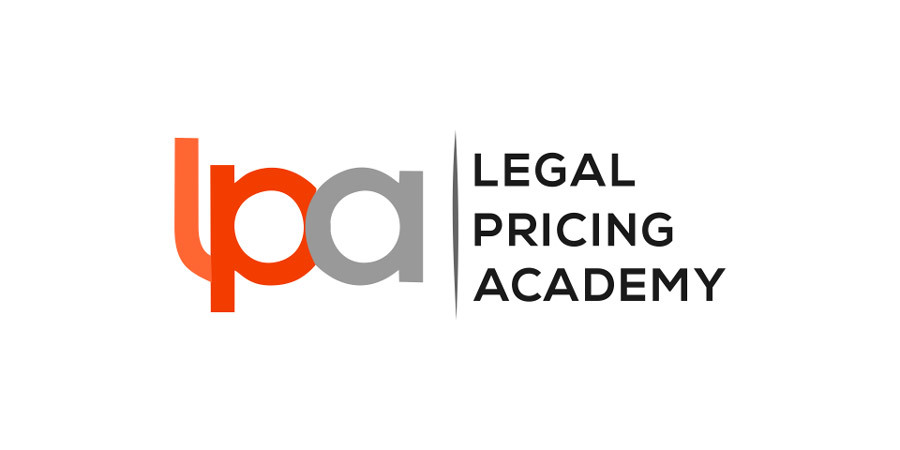“The slow pace of change in the legal services market means “regulatory intervention” is needed to force firms to publish their average prices even though it is not a perfect solution, the voice of legal consumers has said. The Legal Services Consumer Panel said this could also counter negative perceptions of lawyers.

Earlier this year the panel made a series of recommendations to the Legal Services Board (LSB) to open up data in the legal market so as to help consumers make informed choices when selecting an adviser. However, the LSB responded cautiously to some of the headline recommendations around price, mystery shopping and complaints records.
In a newly published letter back to the board, consumer panel chair Elisabeth Davies said the need for regulatory intervention on price was bolstered by the LSB’s own recent research that found only 17% of providers advertised their price, and that those who did were generally cheaper than those who did not.” (Read the full article at Legal Futures, 12 July 2016)
On the face of it, the impetus for the recommendation is laudable; increased transparency in relation to legal fees. Philosophically, we do not have any problem with that whatsoever. Indeed we encourage it in the firms we work with. In rigorous market surveys identifying the characteristics of law firm cost consciousness, transparency always features prominently. Firms that can, as between themselves and their clients address the transparency issue, eliminate one of the primary areas of tension and friction.
However, as a solution to the broader transparency aspiration, the recommendations of the LSCP are nothing short of barking mad. Where does one begin?
(a) The recommendation is predicated on the palpably incorrect assumption that the particular legal services being targeted are commoditised. This perspective continues to be perpetuated as received wisdom by those with a fundamental misunderstanding of what product or service commoditisation actually means.
As an economics concept something is ‘commoditised’ if it completely lacking in uniqueness and incapable of differentiation by anything other than price. One might suggest for example that as a consumer product, strawberry jam is commoditised. If so, perhaps someone can try to explain why fundamentally the same product costs 50p at Tescos and £4.50 at Fortnum & Mason. Hint, there is more to it than simply the jam.
(b) It perpetuates the myth that there is no trade-off between price and quality of advice or quality of service. The expression "if it's too good to be true, it probably is" entered the vernacular a long time ago for very good reason. As with most goods and services, there is a strong correlation between price and quality.
(c) Most credible market research demonstrates that fewer than 10% of clients use price as the sole metric for selecting a legal service provider. One has to question the value of a construct that is so myopic and one-dimensional.
(d) One of the most fundamental tenets of price as part of the broader science of behavioural economics is that price is contextual. In other words, without context, numbers on their own are largely meaningless.
(e) It completely ignores the distinction between price and value. For good reason, consumers of legal services, like the consumers of any goods and services, want value; good value. Something can be expensive (in an abstract sense) but still be good value. Equally, something can be cheap and very poor value. The proposed price comparison conflates the two concepts and in so doing, does the consumer a huge disservice.
Central to these and the many other potential criticisms that could be leveled at the proposal is the failure to understand the most basic difference between data and information.
There’s a really simple way to understand the difference between data and information. When we understand the primary function of the service we are looking at, we quickly see the distinction between the two.
Here’s a simple way to tell one from the other:
- Computers need data. Humans need information.
- Data is a building block. Information gives meaning and context.
In essence, data is raw. It has not been shaped, processed or interpreted. In this instance, what is proposed is simply a series of numbers. It is disorganised, unfriendly and unhelpful.
Once data has been processed and turned into information, it becomes palatable to human readers. It takes on context and structure. It becomes useful for people to make decisions, and it forms the basis of progress.
There is no suggestion here that there will be any attempt whatsoever to turn the data into functional information or to provide context. And there is a good reason for that; it is virtually impossible in the context of legal services to provide a credible and statistically robust comparison platform. And the reason for that is that all such comparisons are necessarily both objective and subjective. Subjectivity, does not readily lend itself to comparison.
As far as we can gather from all the public statements that have been made available, all that is intended is to gather and disseminate the raw data, leaving consumers to try and make sense of it.
On 23 March this year Legal Futures reported, “…the annual Home Moving Trends survey, carried out by the Property Academy revealed that the proportion of people selecting their conveyancer on price has fallen to only one in 10, a survey of 5,400 home movers has shown. The same survey found that only three years ago 20% of clients chose the cheapest.”
The LSCP has a solution (and a very poor one at that) looking for a non-existent problem. It is at best ill conceived and at worst, downright dangerous and counter-productive.

